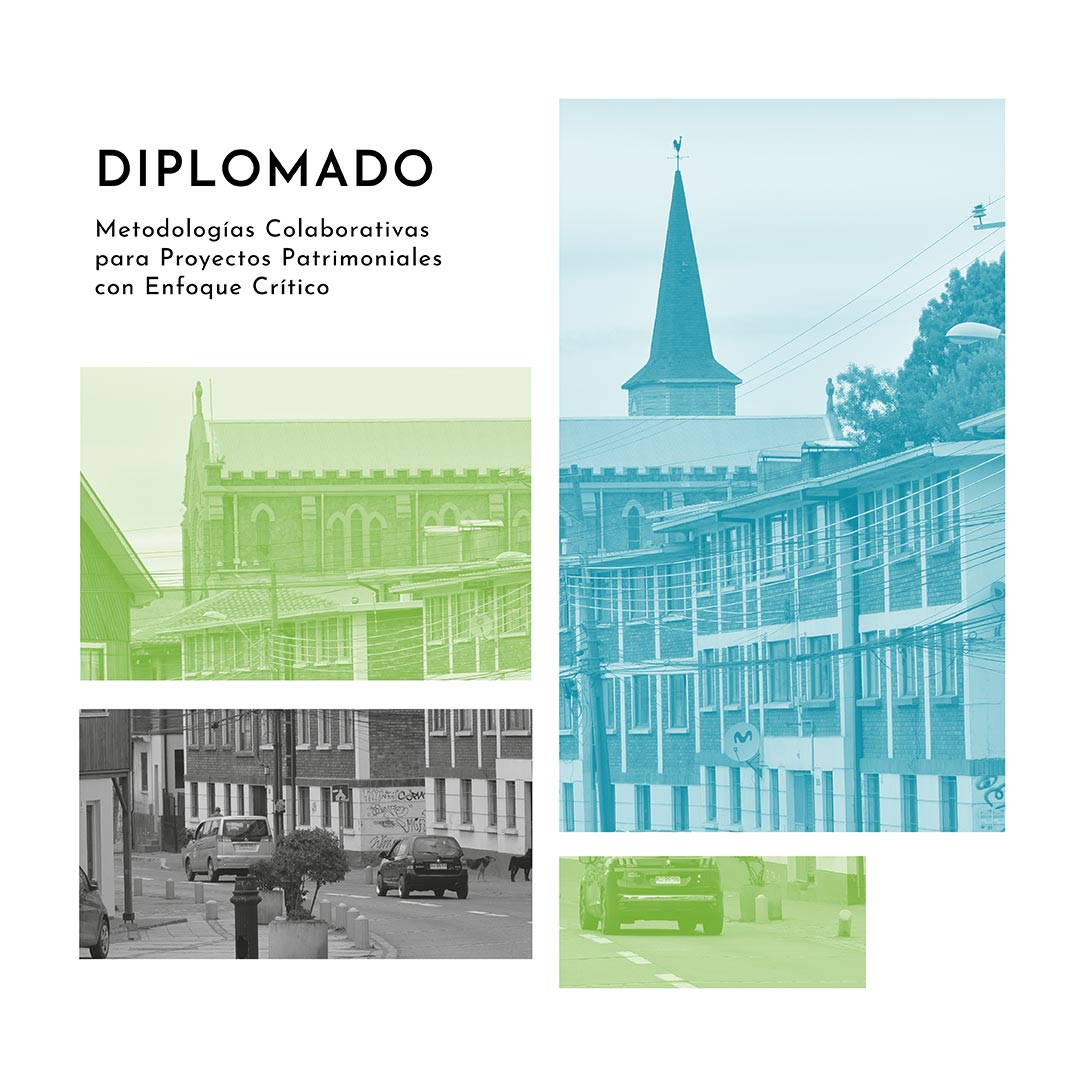GORE PROGRAM
International Strategies for the Transformation of Industrial Heritage into Regional Assets
Presentation
The program presented by Creasur, seeks to position the cultural and industrial heritage of the Biobío region as a transformative engine towards regional and identity development. Linking with the academy, national and international organizations, the public service and communities. Linking with the academia, national and international organizations, public service and communities.
This initiative, framed within the programme: “International Strategies for the Transformation of Industrial Heritage into Regional Assets”, allocated through the National Regional Development Fund (FNDR) from the Regional Government of Biobío, is organised in three different stages.
First, the development of a governance network through meetings with actors who develop or work on heritage topics in the 33 municipalities of the Biobío Region. Likewise, the realization of the IV Congress of International and Interdisciplinary Cultural Heritage: Industrial Heritage, social issue and challenges for new governance,, que durante el próximo octubre, reunirá a académicos y expertos en patrimonio para presentar tópicos que ayuden a la construcción de políticas públicas y la creación de una imagen regional en asuntos patrimoniales, culturales y de territorio.También, se ofrecerá a esta red de gobernanza, becas para la postulación al Diplomado Metodologías Colaborativas para Proyectos Patrimoniales con Enfoque Crítico, certificado por la OTEC Culture and Territory and sponsored by the Master in Architectural Heritage Intervention of the University of Chile.
Objectives
- Improve the competitiveness of heritage and industrial development and management in the Biobío Region.
- Promote the formation and attraction of advanced human capital and management of regional and international collaborative projects. To position the region globally through technical visits, networking, press management, training with experts and conferences from abroad.
- Work on the development of the image of the regional industrial heritage, managing to position it internationally.
- Create regional, national and international collaborative networks to attract resources to creative industries and heritage initiatives. This will promote the inclusive and pluralistic participation of society.
Execution
Through the work with methodologies of social participation and creative registers, it will be possible to make imaginaries and cultural heritage visible. The impact on public policies and territorial development initiatives in a direct way is fundamental for the elaboration of our national and international governance network.

Congress
Throughout its history, the Congress of International and Interdisciplinary Cultural Heritage has promoted the reflection and criticism of cultural heritage from various approaches that promote understanding of the past from the present, in order to look forward to a reflective future and recognizing human cultural diversity.
For its fourth version, the topic will be “Industrial heritage, social issues and challenges for new governance” and will seek to reflect on the industrial heritage understood in the global context, stressing perspectives from the spheres of power and community.

Diploma
El Diplomado en Metodologías Colaborativas para Proyectos Patrimoniales con Enfoque Crítico, patrocinado por el Magíster en Intervención del Patrimonio Arquitectónico de la Universidad de Chile, es un programa formativo que tiene como objetivo proporcionar herramientas teóricas y prácticas que permitan abordar la gestión y desarrollo de proyectos patrimoniales desde una perspectiva decolonial y crítica.

Gobernance
The work coordinated with the different forms of government of the region allow us to build a network capable of encompassing the 33 communes of Biobío region with the intention of aligning the axes of research and work, and like that continue looking forward in terms of culture, academia and heritage.
